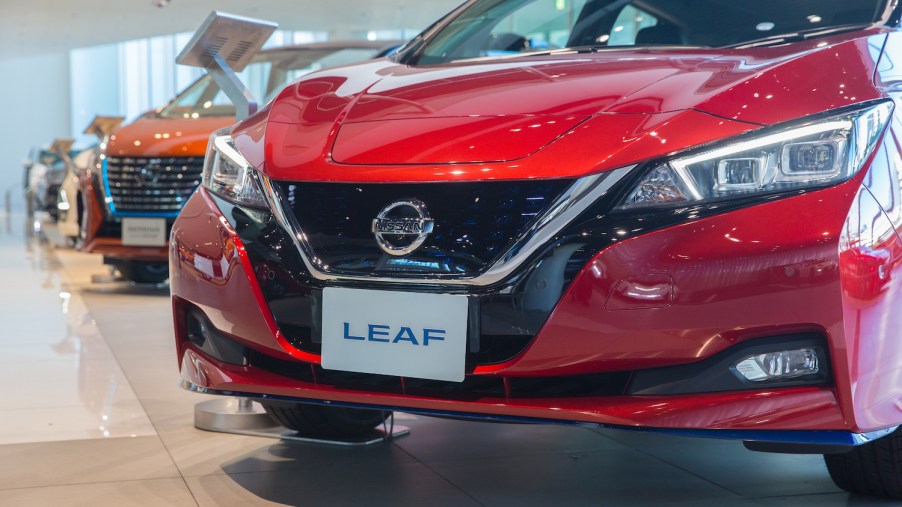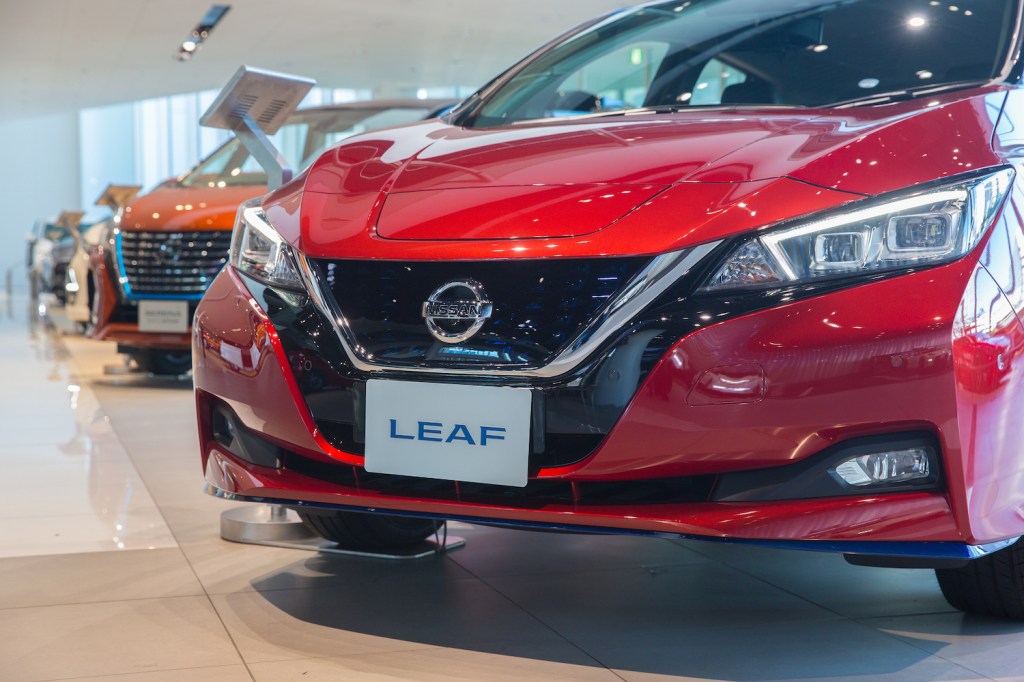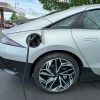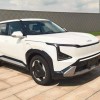
The Case for and Against Buying a Used EV
Not too long ago, electric vehicles (EVs) were considered an anomaly. Nowadays? Not even close. In fact, EVs have become pretty popular. So popular that used car shoppers often consider opting for a used EV instead. Does popularity make buying a used EV a good idea, though?

The case for buying a used EV
If you’re on the hunt for a cheap used car, a used EV might just be the right choice for your wallet. According to Autotrader, you can expect electric and plug-in hybrid vehicles to depreciate faster than the average gas-powered car does. For used EV shoppers, that’s some pretty good news.
EVs tend to provide a smoother and quieter ride too. Edmunds reports that used cars in the $10K price range are likely to be older and less enjoyable to drive because they “lack refinement.” Edmunds further explains that an EV’s battery’s extra weight will make it feel more planted to the road as well.
There’s also a case to be made for buying a certified pre-owned EV, says Car and Driver. Automakers put vehicles through a rigorous multi-point inspection before awarding them with that certified pre-owned title. Any and all necessary repairs are made to the car before it’s sold too. So, buy a certified pre-owned model, and you can have absolute confidence in its overall quality.
But there are also some good reasons not to
There are plenty of benefits to buying an electric vehicle. For many, that includes cashing in on some pretty sizeable tax credits. It’s well known that there’s a $7,500 federal income tax credit on most EVs, which is nothing to scoff at. Several states offer additional state income tax credits too, which can make buying one significantly cheaper than you might think.
Unfortunately for used EV shoppers, these tax incentives aren’t available to them. That means the price you see is the price you get when shopping for a used EV. And while that might not be a problem for some buyers, it may present a problem for others.
It is worth mentioning, however, that some states do offer cheaper registration for EVs. Many states also provide carpool lane access for EVs and a tax credit for having an EV charging station installed in your home.
You also have to ask yourself: Is the EV lifestyle right for you?
The pros and cons of buying a used EV aren’t the only things you should be considering. If you’re shopping for a used electric vehicle, there’s a chance that means you’re trying to transition away from a traditional gas-powered vehicle.
Keep in mind that not all EVs are created equally. While some EVs have a range of 300 miles, others can go only as far as 100 to 150 miles. Before buying a used EV, it’s important to determine then far you’ll need your vehicle to go between charges.
Which brings us to our next point. If you’re planning to buy a used EV, you need to ask yourself how you plan on charging it. According to Autotrader, most EV owners can charge their vehicle overnight by using a traditional 120-volt outlet, but if you need your EV to charge a bit faster, you will need to invest in a more powerful charger. Of course, if you live in an EV-friendly city with public charging stations or work for an employer that has invested in charging stations for its employees, then charging up your electric vehicle might not be an issue.
Our take on buying a used EV
Buying a used EV can be a great idea if you’re looking to get a great deal on a used car and don’t mind having to charge it on the regular. Then again, buying a new EV and taking advantage of those tax credits makes for a pretty deal too. In the end, buying a used EV is a personal decision that you’re going to have to make for yourself.



